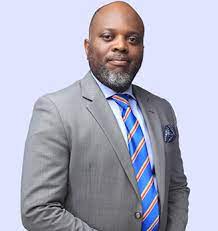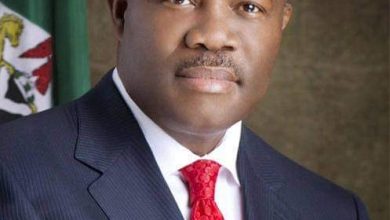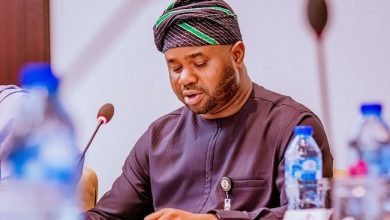Why the FGN may take Longer to Remove Fuel Subsidy – Tope Fasua

While the Federal Government has set the timeline of 18 months to remove fuel subsidy in Nigeria, the decision may require a longer time for implementation. The length of time was the consequence of the current administration’s alleged mismanagement of the nation’s economic dynamics and the failure to make real-time decisions in 2015.
Dr. Tope Fasua, an economist and public-policy analyst, made this point while providing his perspective on the “Impact of Rising Inflation and Devaluation on Nigerian Households in 2022”.
According to Fasua, “We have made many mistakes with the way we have managed the economy; I do not see any government that will be able to remove fuel subsidy in a long time to come.” He noted that twice, the present administration said it had removed the fuel subsidy, raising the price of petrol from N97 per litre to N145 per litre but did not reckon with the effects of devaluation and the impact of floating the currency.
He disagreed with those who advocated for the complete floating of the naira; he said if this were allowed, the price of petrol would skyrocket and lead to a socio-economic crisis.
“The reality is that if we move to a regime of totally liberalizing the foreign exchange market, it will inflict economic hardship on the citizen as a rise in petrol price would increase the overall prices of goods and services.”
The economist believed that the Nigerian government was unprepared to remove the fuel subsidy and face the citizens. He cited the arbitrage, which has gone unabated without consequences and other illicit activities in the foreign exchange market, adversely affecting the nation’s economy. Concerning fiscal policy, he noted that the Federal Government had discarded zero-based budgeting and was back to the envelop system of allocation to MDAs. He believed this was the time to reduce the number of parastatals and prioritize efficiency in governance.
Fasua called on the Federal Government to lead by example by reducing luxury expenses, travels, and activities to realize that Nigeria is in a perfect economic storm.
Speaking further, he said the FG should stop borrowing for transactions that could not repay themselves. “The government should not be borrowing to build village schools fundable through internally generated revenue. We can fund rail infrastructure through loans, but there is a need for collaboration between the FG and States to make it a connected infrastructure in the country”.
He decried the impact of the rising tide of inflation and currency devaluation, which is straining families. The analyst said it was an unfortunate situation that has caused Nigerians to cheapen themselves by seeking low-paying jobs abroad.
“Few parastatals can raise salaries for their staff to keep up with the pace of inflation, while some financial service industry players are laying off with an increasing level of migration from the country to the US, Canada, and Europe,” he added.
The public policy analyst emphasized the need for the nation to learn from China and India. Investing in skills development will see Nigerians migrating overseas for good jobs, building a solid diaspora that could significantly contribute to the economy.
Beyond the National Development Plan 2021 to 2025, he called for an elite consensus on the pathway for Nigeria to achieve inclusive economic growth that would stabilize the nation’s political economy.






